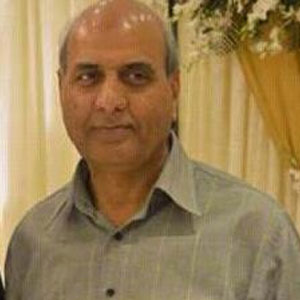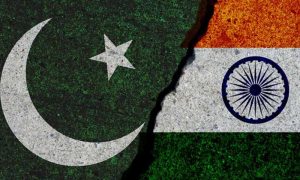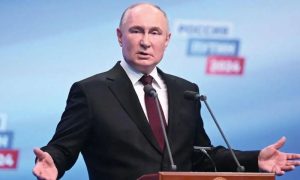Whilst former Finance Minister Miftah Ismail was shown the doors in an unceremonious manner by making him a scapegoat for the government’s failure to stabilize the economy, much hype was created that the return of so-called economic czar Ishaq Dar to the coveted seat would turn the fortunes and that he has all the solutions to fix the economic woes. He was presented before the nation as a savior, but his disappointing performance is now proving to be a worst nightmare for the people.
One of the biggest boasts that Ishaq Dar made after returning to the finance ministry in September last year was that he knows to handle the IMF better than anybody else in the country. But today, the international lender is giving the toughest time probably because of such irresponsible statements. Because of the non-completion of the ninth review of the IMF, the very desperation is also apparent on the face of the Finance Minister, who, during a recent press interaction, appeared to be more disturbed and enraged.
Another promise made by Ishaq Dar soon after assuming the office was to stabilize the rupee as well as bring down the interest rate, but the situation on both fronts is touching record levels. The industrialists are decrying the increase of policy rate to twenty-one percent as this has made borrowings from the banks almost impossible for the private sector. In such a situation, the investors, instead of investing in productive sectors of the economy, choose to invest in government papers, and the same is happening now, which will only impede our growth.
As regards the exchange rate, the other day, the local currency touched above the three hundred rupees mark against the greenback for the first time in the country’s history. This, on the other hand, has not only increased our external liabilities manifold, but since we import most of the products, including essential items, this will only further shoot up the inflation. According to the monthly report released by the finance ministry, the inflation remained in the range of thirty-four and thirty-six percent during the month of May 2023. We believe the food inflation is much higher, which has put a strain on the purchasing power of the common man.
Regardless of the urgent need for structural reforms in various sectors, including tax reforms, energy, industries, and agriculture, Dar’s tenure has been marred by a lack of progress in this regard. These reforms are crucial for attracting investments, boosting productivity, and creating job opportunities. However, failure on this end has hindered economic growth and perpetuated a cycle of underdevelopment. The IMF has projected that the country’s growth is expected to decelerate to 0.5 percent this fiscal year. This was very much anticipated when import restrictions were imposed due to a shortage of foreign exchange reserves. The restrictions on the import of raw materials resulted in the closure of important industrial units such as textile and the auto industry, also rendering hundreds of thousands of people jobless whilst also adversely impacting exports. As compared to the previous years, the remittances are also witnessing a decline which manifests the lack of confidence of overseas Pakistanis in the country’s economy.
The finance ministry, in its recent monthly report, has also admitted that the country faces fiscal risks at the end of the current year. Ishaq Dar and his team have no answer to the economic challenges faced by the country. It is imperative for the coalition government to reassess its economic policies and consider alternative approaches that prioritize sustainable growth and long-term economic stability by ensuring ease of doing business and uplifting the productive sectors. The nation deserves a finance minister who can effectively navigate these challenges and deliver on promises of economic prosperity.























